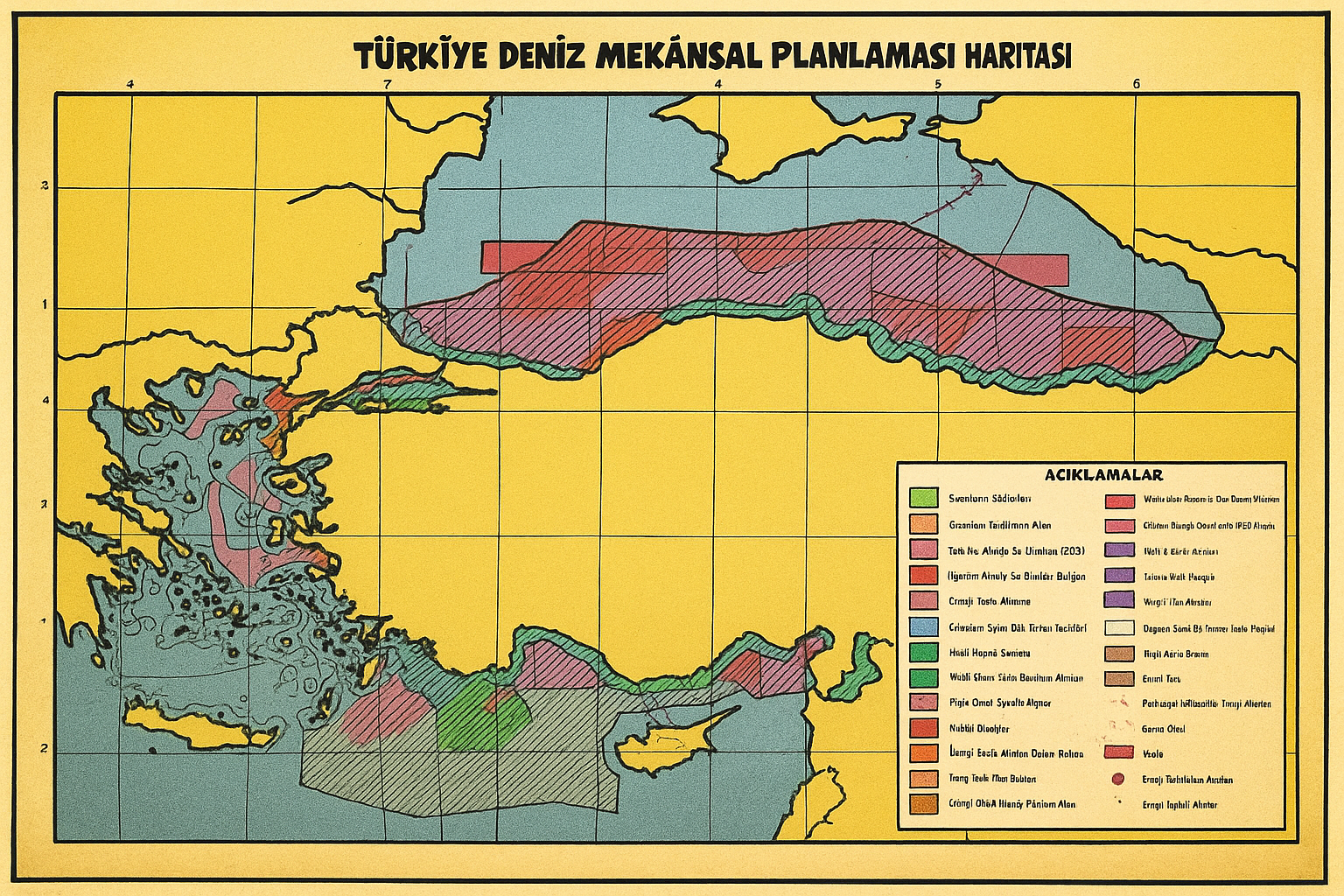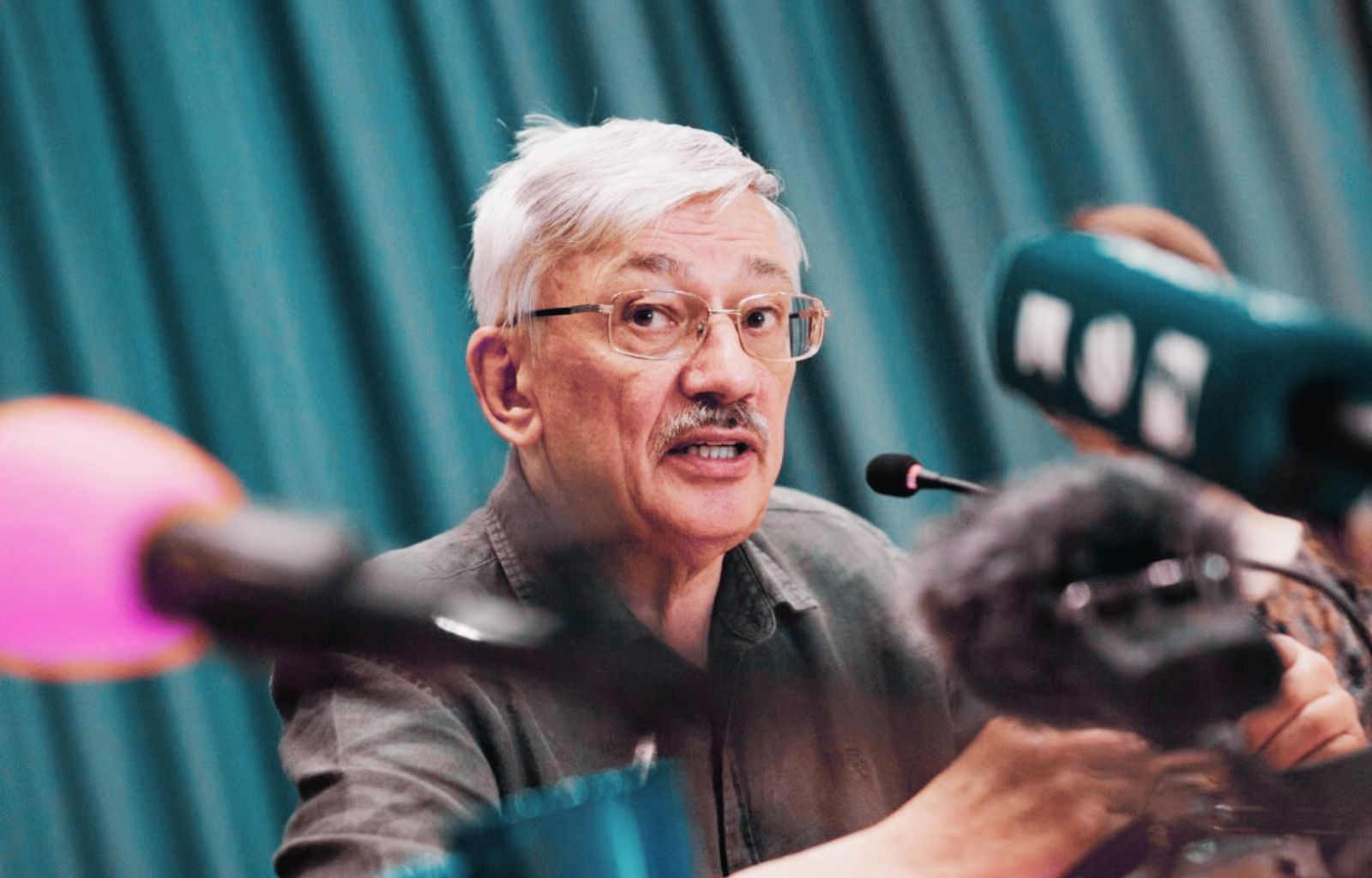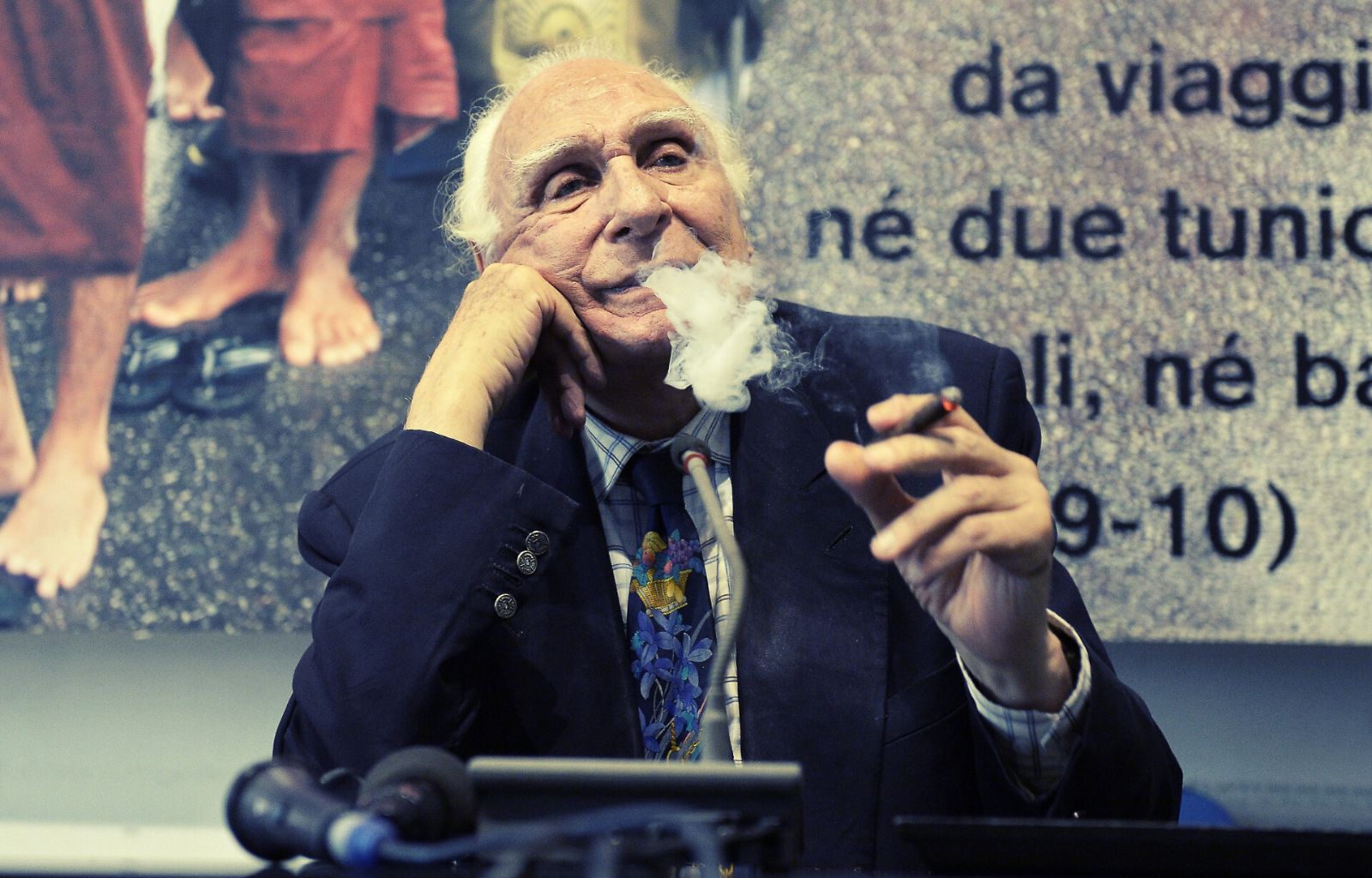Pacifists do not burn flags, they burn the truth
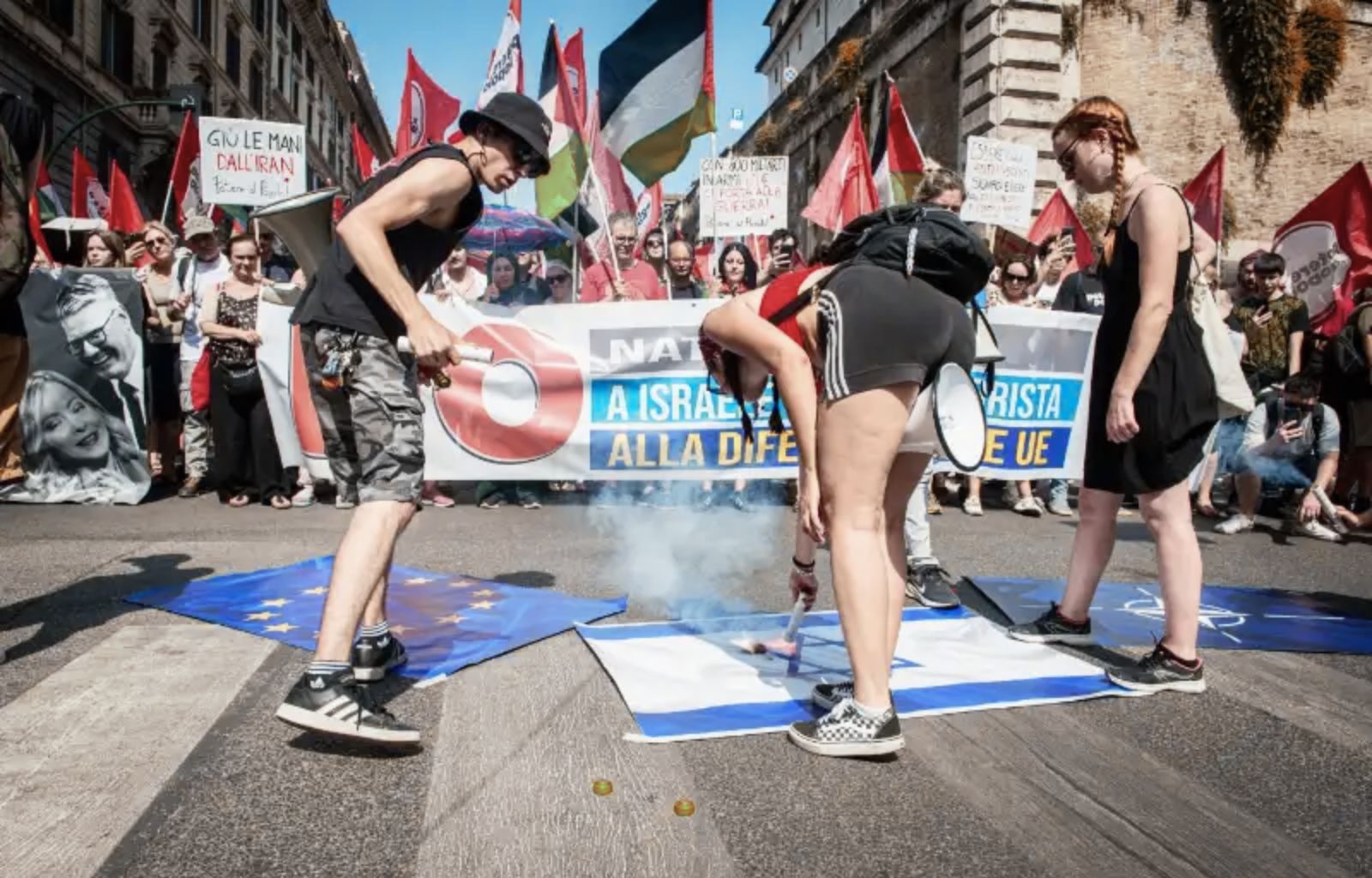
At a time when liberal democracies are under pressure, caught between the growing assertiveness of authoritarian regimes and the crisis of the multilateral order, foreign policy cannot be reduced to parade slogans or identity totems. Instead, it is the test of a country’s credibility on the international scene, of the maturity of its ruling class and of its loyalty to its founding principles. In this context, Italy has a duty to maintain a firm position, consistent with its Euro-Atlantic anchorage, aware of its past and projected towards global stability.
Israel and Iran: when reality belies ideology
The 21 June demonstration in Rome, promoted by radical ecologists and part of the centre-left, reopened an urgent but also deeply divisive debate. At the centre of the protest was the Israeli operations against Iran, denounced by some demonstrators as ‘genocide’. A serious accusation, the result of an ideological vision that paints Israel as the aggressor by definition and the regional theocracies as helpless victims. A distorted narrative that erases any distinction between democracies, however imperfect, and regimes that oppress their citizens and threaten the regional order.
Defending Israel – and, more generally, any democracy under existential threat – does not mean denying its errors or distortions. It does, however, mean affirming the right of a sovereign state to protect itself in a context where actors such as Hamas, Hezbollah and the Iranian regime openly work to destroy it and sabotage any attempt at stabilisation.
The myth of absolute pacifism and the lesson of history
Angelo Bonelli ‘s words – ‘you don’t export democracy with bombs‘ – may sound inspired, but they appear disarmed in the face of the brutality of certain regimes. Without the armed intervention of the Allies, Europe would not have known the end of Nazi-fascism, nor would the rule of law that we now consider a pillar of western civilisation have been born. The bombing of St. Lawrence, Dresden or Hamburg was tragic, but also part of the price paid to regain freedom. When the Americans entered Rome in 1944, they were greeted not by pacifist demonstrations, but by citizens who saw in them the promise of a new era.
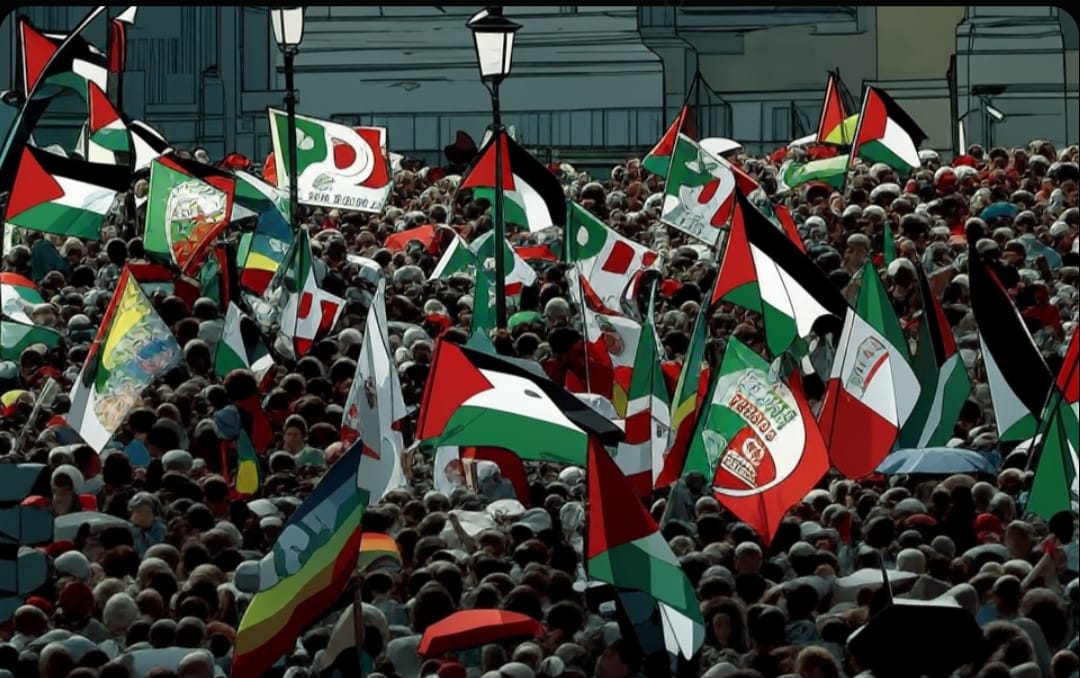
Today this memory is often removed, sacrificed to a selective pacifism that condemns the West and absolves its enemies. It is the same logic that silently witnessed the collapse of Afghanistan: twenty years of conquests wiped out in a few weeks, women and girls plunged into darkness, freedom suffocated under the veil of fanaticism.
From analysis to militancy: the ideological drift of anti-Westernism
What we are witnessing is not simple pacifist activism. The images of the latest demonstrations speak for themselves: Israeli, European and NATO flags set on fire, symbols of the liberal West desecrated amidst anti-NATO choruses and slogans praising ‘resistance’. This is not protest: it is ideological hostility towards Europe, the West, representative democracy.
In these squares one does not call for a cease-fire: one declares war on an entire value system.
The European Union, which for decades has financed the development of the Palestinian territories, promoted inter-religious dialogue and invested in the peace process, is today portrayed as an oppressive and neo-colonial power. Its symbols, set on fire in western squares, are not the only victim of this ideological fury: along with flags, truth is also burned. Nobody remembers the Iranian women imprisoned for a misplaced veil, the Arab dissidents tortured, the journalists killed by fanaticism. This ideological pacifism, while it deludes itself that it defends peace, ends up distorting the facts and reversing responsibility: it is not a protest, it is a militant lie against the West.

Europe and responsibility: the compass of foreign policy
Faced with this drift, Europe must be able to distinguish between legitimate criticism and illiberal propaganda. It is time to clearly reaffirm its Western choice, without giving in to moral relativism. Italy has a duty to reaffirm its Europeanist and Atlantic vocation, actively participating in the construction of a credible common defence, capable of protecting not only the physical borders, but also the ethical and cultural ones of the continent.
Foreign policy cannot be used as a battleground for domestic consensus. It is the dimension in which a nation’s historical responsibility is measured: the ability to distinguish between neutrality and complicity, between diplomacy and surrender. Not all wars are just, but not all surrenders are harmless. And when European flags burn in our squares, pretending not to see is already an act of surrender.
Defending democracy is not an option, but a duty
In a world plagued by asymmetric conflicts, historical revisionism and authoritarian regurgitations, it is more necessary than ever to defend the foundations of our civilisation model: freedom, pluralism, human rights. It is not a matter of endorsing every choice of Western governments, but of recognising the – substantial – difference between open and closed systems, between imperfect democracies and theocratic regimes.
Those who today reject all intervention, all deterrence, all use of force as ‘imperialism’, should ask themselves a more uncomfortable question: what future are we leaving to our children if we are not prepared to defend what we have so painstakingly built? One does not affirm peace by burning flags. One celebrates a cultural surrender. And history, sooner or later, presents the bill.


